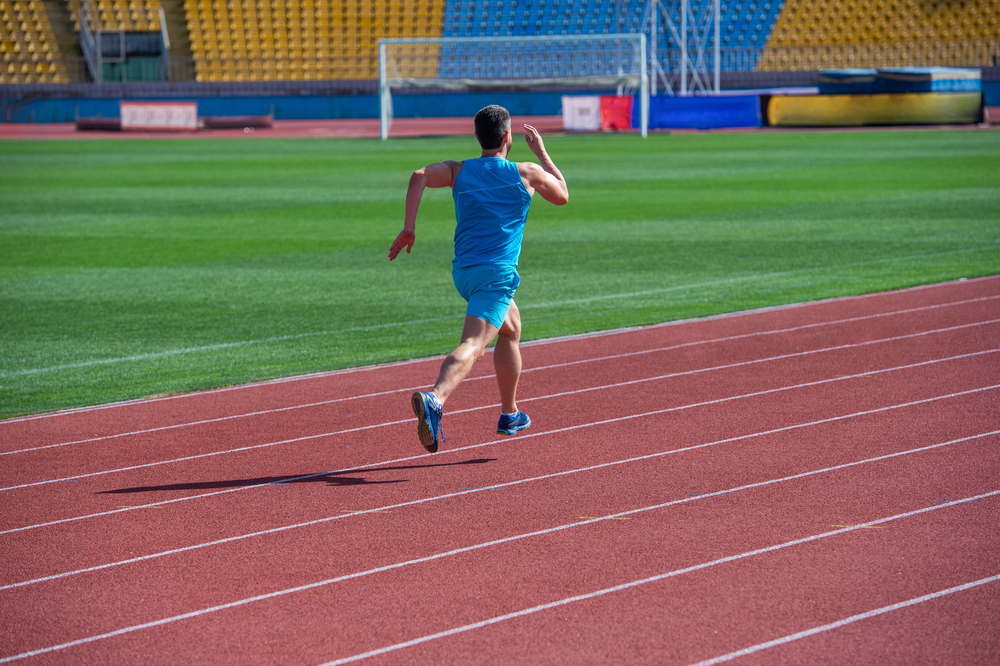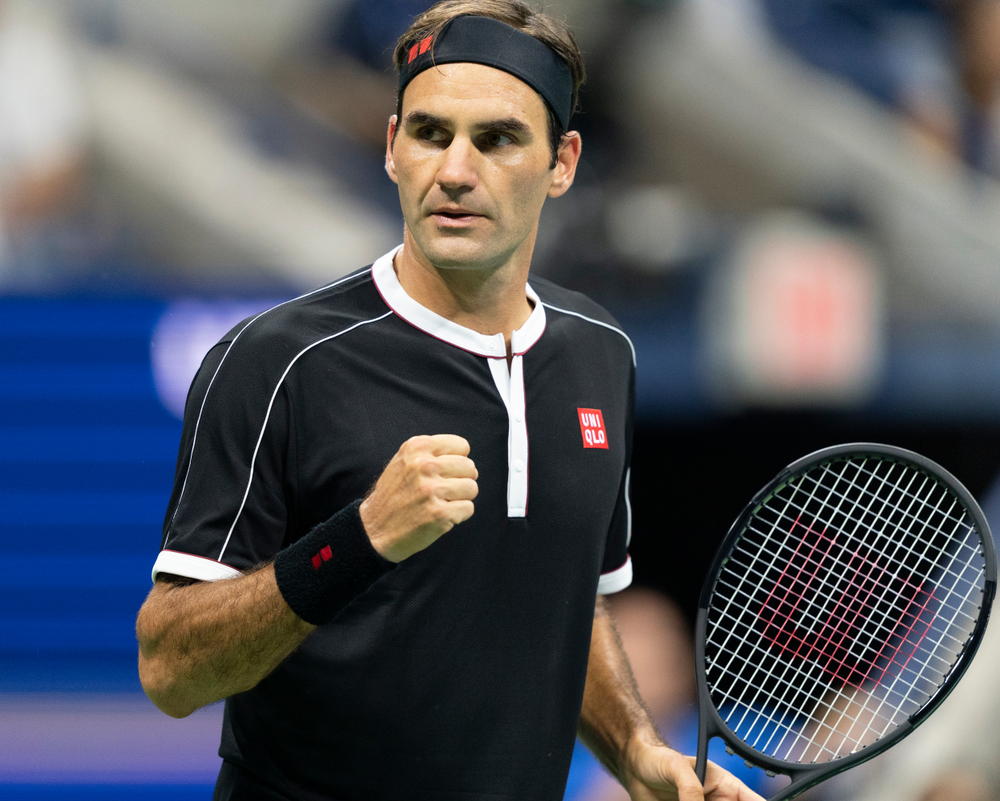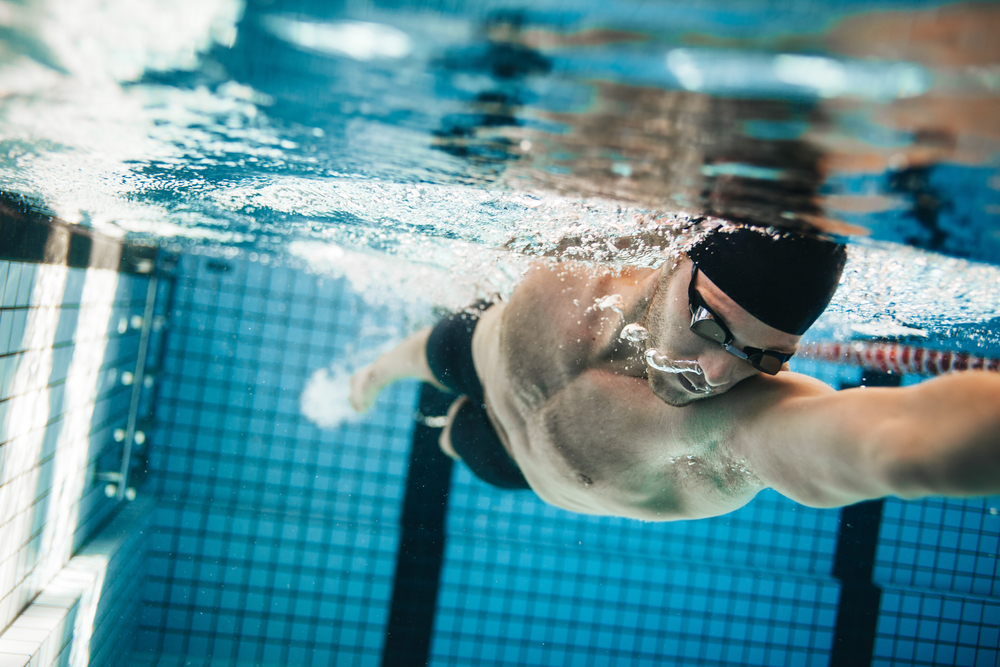Now known as Lord Coe, Sebastian Coe heads the International Olympic Committee as its current President. In his early life, Coe was one of the most famous track and field athletes of the late-1970s and early-1980s. From the late-1970s to the mid-1980s, British runners dominated the middle distances of track and field. Coe began a rivalry with fellow Briton Steve Ovett and followed this with on-track battles with Steve Cram.
A period of success
Sebastian Coe was enjoying a period of sustained success as a middle-distance specialist on the track in 1981. The former politician had won a gold medal in the 1,500-meters and silver in the 800-meters at the 1980 Moscow Olympics. The gold medal in the 1,500-meters was unexpected because Coe specialized in the 800-meters. Not only was Coe a specialist in the 800-meters, but Ovett was unbeaten at 1,500-meters over three years coming into the Moscow Final.
A few days before the 1,500-meters Final in Moscow, Coe had lost the 800-meters gold medal to Ovett. Coe described the 800-meters Final as the worst race of his career and seemed determined to make up for last time in the 1,500-meters. On the last lap of the 1,500-meters, Coe ran the last 400-meters in 52.5 seconds and completed the last 100-meters in 12.1 seconds. The final 400-meters remains the fastest finish to a race at a major final.
A record-breaking year
In 1981, the career of Sebastian Coe was in full swing on the track. Following the success of 1980, Coe arrived at the indoor season in imperious form, culminating in a world indoor record of 1:46.00. At one point in 1980, Coe held the world records for the 800-meters, 1,000-meters, 1,500-meters, and the mile.
By the start of June 1981, Coe had set his sights on a world record attempt at the 800-meters a few weeks later. Coe took the line in Florence on 10 June at 11 pm following technical issues at the outdated stadium. The timing equipment at the Stadio Comunale had malfunctioned during a 100-meter race won by Carl Lewis. The initial timing gave the American a world-record time of 9.92 seconds, later amended to a more sedate 10.13.
Technical problems prompted officials to turn off the scoreboard timing equipment and push the race back to 11 pm. To track his time, Coe needed the help of the British team manager, Maeve Kyle. The race began with a pacemaker, Kenyan Billy Konchella, who many feared had run too fast on the opening lap. The first lap was completed in 49.6 seconds, compared to 50.5 in Coe’s previous world record run in 1980. Kyle shouted Coe’s 400-meter time as 50 seconds, with Coe noticing his team manager was behind the finish line and not recording the correct time.
Sebastian Coe later revealed he had planned to challenge his previous world record time at an event two weeks later. However, with the record in sight and the runner feeling in perfect health, he kicked on. With 300-meters to go, Coe took the lead and recorded a time of 25.3 for the third 200-meters. Coe slowed during the final 200-meters of the race to 26.7 but was still able to break his own world record.
An agonizing wait of over ten minutes elapsed as the timekeepers tried to determine the final result. Three photo finish cells were examined in detail to give Sebastian Coe the exact time of his race, which stood at 1:41.73. The world record stood until 1997 when it was beaten by Wilson Kipketer, although Coe remains the third-fastest man to run the 800-meters. What lingers in the memory about Sebastian Coe breaking the record is the grainy TV image of him slowly walking back to the changing room after the announcement of his record-breaking time.








